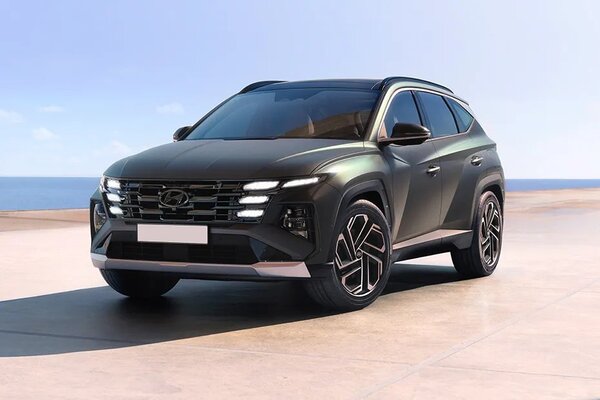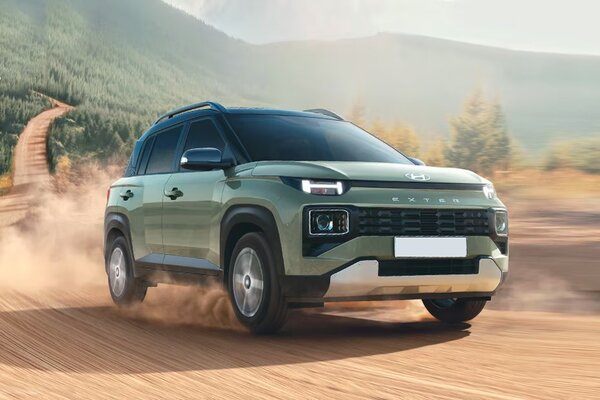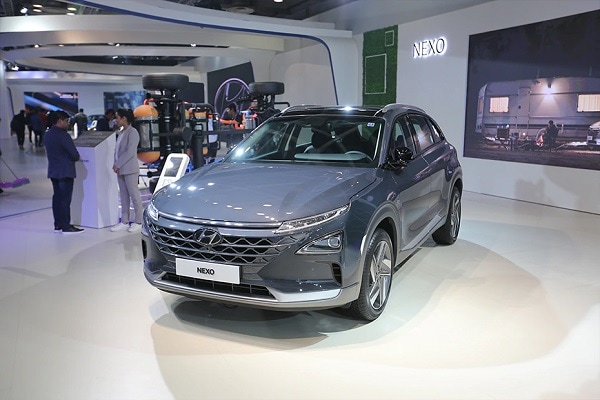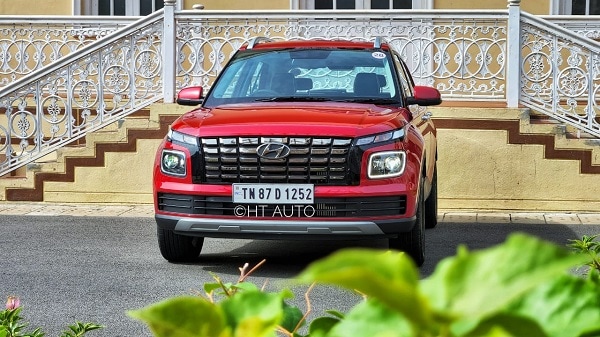As Hydrogen economy grows rapidly, Hyundai is expected to lead the HEV market
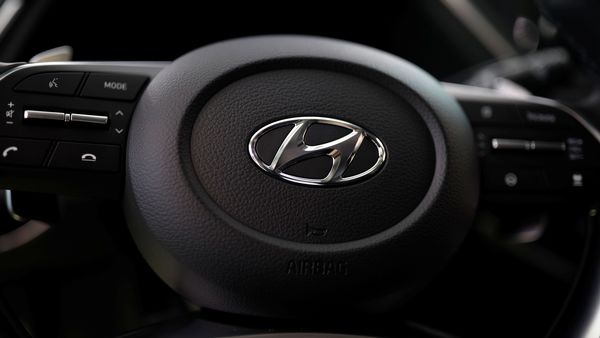

South Korea's hydrogen ecosystem grows rapidly. Hyundai Motor, the only automobile manufacturer produces hydrogen electric vehicles (HEVs), will release hydrogen electric trucks next year following its HEV model NEXO. Hyundai Motor's HEV market share is expected to be strengthened.
According to the industry on the 29th, the Environment Ministry has set a goal for supplying HEVs next year to 28,350 units, up 87% from this year. Under the plan, 28,000 HEV passenger cars will be supplied. . The number of trucks has expanded from five to ten. 340 buses are set to be supplied. The budget for HEVs has also greatly expanded from 441.6 billion won this year to 892.7 billion won next year.
Also check these Vehicles
Also Read : Worried about driving in narrow, tight spaces? Hyundai Mobis has a solution
In addition, the Ministry of Trade, Industry and Energy announced the first basic plan to implement hydrogen economy at the 4th Hydrogen Economic Committee on the 26th. The plan includes 15 tasks set based on four major strategies: leading domestic and foreign clean hydrogen production, establishing an optimized infrastructure, using hydrogen in daily life, and strengthening the ecosystem foundation.
The government is planning to expand hydrogen charging stations to more than 2,000 units iby 2050 by increasing the number of convergence charging stations that install hydrogen chargers at gas and LPG charging stations. The government will increase the number of hydrogen charging stations to 310 units next year, 450 in 2025, 660 in 2030, 1,200 in 2040, and 2,000 in 2050.
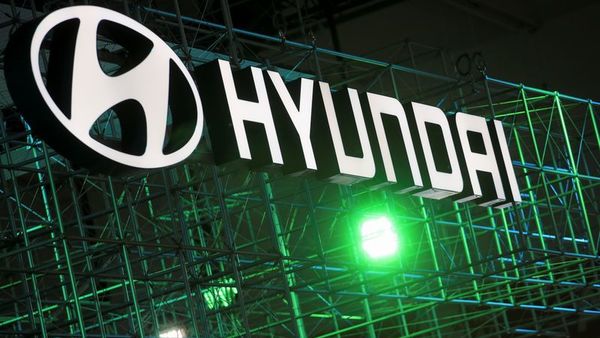

For the plan, the Hydrogen Energy Network (Hynet), Kohygen, Korea Petroleum Association, and Korea LPG Association signed a partnership to improve eco-friendly energy infrastructure and expand hydrogen charging stations.
Hynet and Kohygen are planning to gradually establish hydrogen charging stations at gas and LPG stations, which have enough sites to build hydrogen charging stations, after evaluating the suitability.
In addition, the government will significantly expand the HEV production capacity to 5.26 million units by 2050 and improve its performance to the similar level of internal combustion engine cars by 2030. It will also expand the use of hydrogen to various transportations such as ships, drones, and trams.
According to Eugene Investment & Securities, the global hydrogen car market is expected to rise 70% year-on-year to 34,000 units next year. In particular, it is expected that the global competition will be fierce next year due to the sales expansion of hydrogen trucks and vans by global automakers such as SAIC, Stellantis, and Renault. In particular, it is predicted that the domestic market will drive the growth of the global hydrogen car market as the government's policy expands its goal of supplying hydrogen cars.
As eco-friendly trends are spreading in the logistics industry, the HEV commercial car market is also expected to grow.
HEVs are more expensive than electric vehicles (EVs) and have more disadvantages in terms of fuel efficiency and charging infrastructure. However, for commercial vehicles, HEVs are considered more competitive than EVs. This is because commercial vehicles travel longer than passenger cars and travel on fixed driving routes.
Considering the long charging time and load capacity of EVs, there are some opinions that diesel trucks can be replaced with HEVs despite HEVs' high initial costs. Considering the characteristics of the logistics industry that operates vehicles for a long time, the use of HEV models is expected to increase in the long run if supply contracts are signed through demonstrations.
Currently, only Hyundai Motor produces HEV models in the domestic automobile industry. Hyundai Motor's HEV model NEXO sold a total of 8,286 units from January to October this year, including domestic sales (7,341 units) and exports (945 units). It increased by 22.19% from 6,781 units last year (5,786 units in Korea and 995 units abroad). Kia is planning to unveil its HEV lineup in 2028.
Hyundai Motor will release its HEV truck 'Xcient' in Korea next year and accelerate the supply of hydrogen cars. The HEV market predicts that NEXO will lead the domestic passenger car market and Xcient will lead the commercial car market.







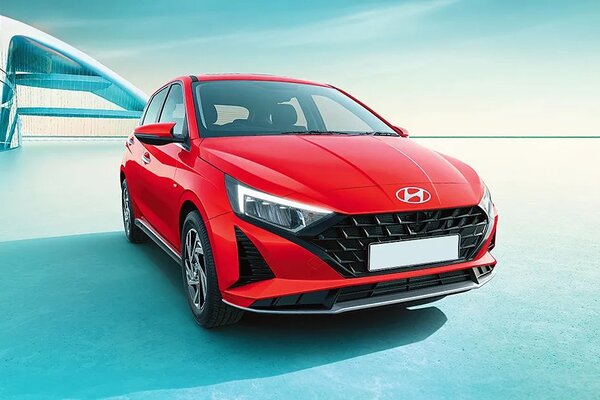
 1197 cc
1197 cc Petrol
Petrol